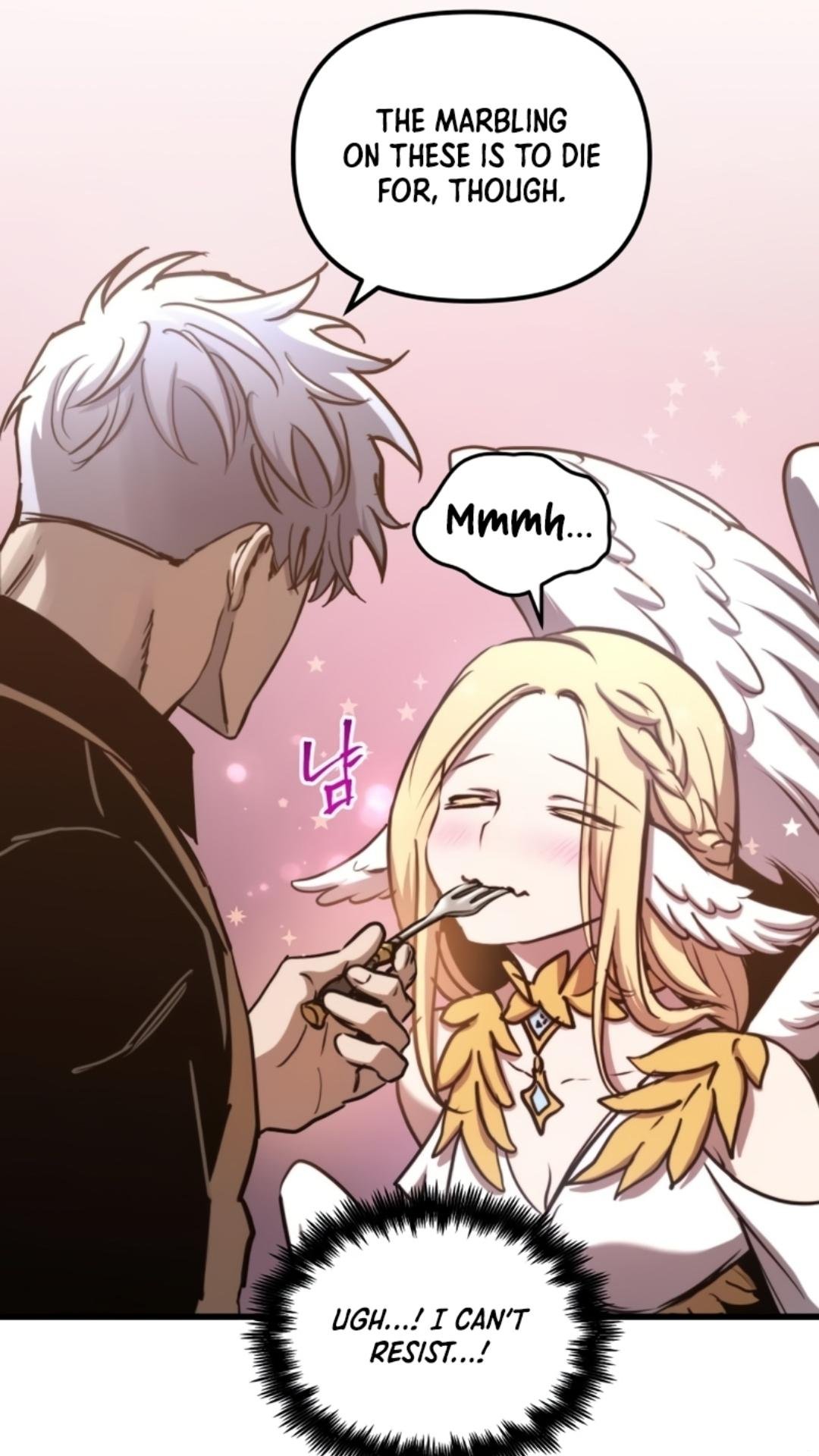Reincarnation of the Suicidal Battle God? You might be wondering what that even means. Well, let me tell you, it’s not just a mere query awaiting an answer. It’s a captivating tale of transformation and resilience that will leave you in awe. Picture a god who once battled despair and darkness, who chose to end their own life in the depths of despair. But instead of finding eternal rest, they were granted a second chance, a new lease on life. This is the story of the reincarnation of the suicidal battle god, a story that will take you on a journey of self-discovery, redemption, and the power of embracing one’s true destiny. So, let’s dive into this extraordinary tale and unravel the mysteries of the divine rebirth.
Reincarnation of the Suicidal Battle God
Throughout history, the concept of reincarnation has fascinated and captivated human minds. The idea that a soul can be reborn into a new body, carrying with it the memories and experiences of past lives, has been a significant part of various cultures and religions. Among the many tales of reincarnation, one particular story stands out – the reincarnation of the suicidal battle god. In this article, we will delve into this intriguing concept, exploring its origins, significance, and the lessons we can learn from it.
The Origins of the Suicidal Battle God
The tale of the suicidal battle god has its roots in ancient mythology, specifically in the mythology of the Norse people. In Norse mythology, there was a god named Odin, also known as the Allfather and ruler of the Aesir gods. Odin was a complex deity associated with wisdom, war, and magic. He was known for his relentless pursuit of knowledge, often sacrificing much to gain wisdom.
According to the myth, Odin desired to possess the knowledge of the runic alphabet. He knew that the only way to acquire this knowledge was through self-sacrifice. Odin then decided to hang himself from the branches of Yggdrasil, the world tree, for nine days and nine nights, pierced by his own spear, Gungnir. During this agonizing ordeal, Odin experienced visions and revelations, ultimately mastering the runes and becoming the god of wisdom.
This act of self-sacrifice and the subsequent acquisition of wisdom became a symbol of Odin’s power and transformation. It represented the idea that true knowledge and enlightenment often require sacrifices and hardships.
The Suicidal Battle God’s Reincarnation
The story of the suicidal battle god takes an intriguing turn with the concept of reincarnation. According to mythology, Odin’s ultimate destiny was to die during the apocalyptic event known as Ragnarok. During this cataclysmic battle between the gods and the giants, Odin would face his destined demise.
However, it is believed that Odin would be reborn after Ragnarok, along with the other gods who perished in the battle. This rebirth signifies the cyclical nature of life and death, emphasizing the concept of reincarnation. Odin’s reincarnation as the suicidal battle god brings forth the idea that even the gods are subject to the cycle of life, death, and rebirth.
Lessons from the Suicidal Battle God’s Reincarnation
The reincarnation of the suicidal battle god offers several valuable lessons, transcending the realm of mythology and providing insights into our own lives. Here are some key lessons we can draw from this intriguing tale:
1. Embracing Sacrifice for Growth
Odin’s act of sacrificing himself for the acquisition of wisdom demonstrates the transformative power of self-sacrifice. It teaches us that personal growth often requires us to let go of comfort and security, pushing ourselves beyond our limits. By embracing sacrifice, we can unlock our true potential and attain personal growth.
2. The Cyclical Nature of Life
The concept of reincarnation presented in the story of the suicidal battle god highlights the cyclical nature of life. It reminds us that nothing lasts forever and that endings are only the beginning of new beginnings. This understanding can bring solace and acceptance during times of loss and hardship, knowing that new opportunities and experiences await.
3. Seeking Wisdom and Knowledge
Odin’s relentless pursuit of wisdom symbolizes the importance of seeking knowledge and expanding our understanding of the world. It encourages us to be curious, ask questions, and explore different paths in our quest for knowledge. By doing so, we can elevate ourselves intellectually and gain valuable insights to navigate life’s challenges.
4. Embracing Transformation
The reincarnation of the suicidal battle god serves as a reminder that transformation is inherent in the cycle of life. Just as Odin undergoes a profound transformation to become the god of wisdom, we too have the power to transform ourselves. By embracing change and being open to personal growth, we can harness our inner potential and evolve into our best selves.
5. The Existential Journey
The story of the suicidal battle god invites us to ponder the existential aspects of life. It prompts us to reflect on our own purpose, the choices we make, and the legacy we leave behind. By contemplating the transient nature of existence, we can cultivate a greater sense of gratitude, purpose, and mindfulness in our everyday lives.
In conclusion, the reincarnation of the suicidal battle god presents a compelling narrative within the realm of mythology. It highlights the transformative power of sacrifice, the cyclical nature of life, and the importance of seeking wisdom and embracing personal growth. By understanding and reflecting on these lessons, we can navigate our own journeys with a deeper sense of purpose and fulfillment. Let the story of the suicidal battle god inspire us to continually evolve and strive for greatness.
Reincarnated As a Slave, Once Battle God Acquire 7 Dragon Heart Against The Demon God – Manhwa Recap
Frequently Asked Questions
What is the concept of the reincarnation of the suicidal battle god?
The concept of the reincarnation of the suicidal battle god refers to the belief or idea that a deity associated with battle and self-destruction can be reborn or renewed in another form or body. This concept often explores themes of sacrifice, redemption, and the cyclical nature of life and death.
Are there any mythologies or religious beliefs that mention the reincarnation of the suicidal battle god?
Yes, various mythologies and religious beliefs mention the idea of a suicidal battle god being reincarnated. For example, in Norse mythology, there is the deity Odin who sacrifices himself on the World Tree Yggdrasil to gain wisdom and is then reborn. In some forms of Buddhism, the bodhisattva Avalokiteshvara is associated with compassion and is believed to have the power to reincarnate in order to assist others.
Is the reincarnation of the suicidal battle god a common theme in literature and popular culture?
Yes, the theme of the reincarnation of the suicidal battle god is often explored in literature and popular culture. It can be found in various forms such as novels, comics, movies, and video games. These works often delve into the internal struggles, personal growth, and profound transformation that come with the notion of a powerful deity experiencing rebirth.
What are some possible interpretations or symbolism associated with the reincarnation of the suicidal battle god?
The concept of the reincarnation of the suicidal battle god can be interpreted in different ways depending on the context. It may represent the cyclical nature of life, death, and rebirth, highlighting the idea of renewal and transformation. It can also symbolize sacrifice and rebirth as a means of attaining enlightenment or a higher state of being. Furthermore, it can explore the internal battles and personal growth that individuals face in their own lives.
Final Thoughts
The reincarnation of the suicidal battle god is an intriguing concept that has captured the imagination of many. This mythical figure, known for his ferocity and self-destructive tendencies, embodies the raw power and intense emotions of war. Throughout history and across cultures, tales of this deity have emerged, each with their own unique interpretation. From ancient folklore to modern literature, the reincarnation of the suicidal battle god has served as both a cautionary tale and a symbol of resilience in the face of adversity. Exploring the complexities of this character allows us to delve deeper into the human psyche and the timeless themes of sacrifice, redemption, and the cost of warfare. Whether seen as a tragic hero or a villain unleashed, the reincarnation of the suicidal battle god continues to fascinate and provoke thought, reminding us of the profound and multifaceted nature of human existence.



